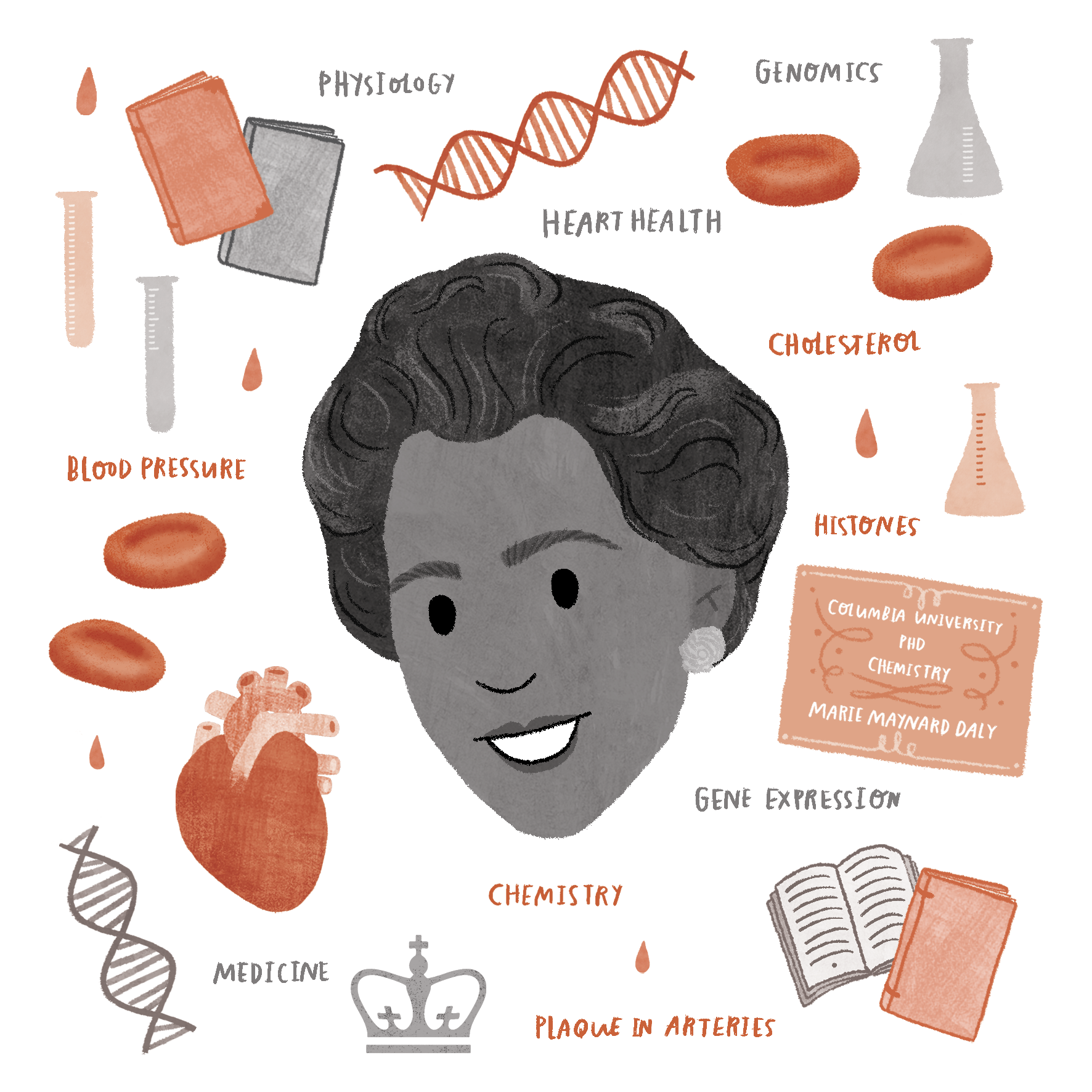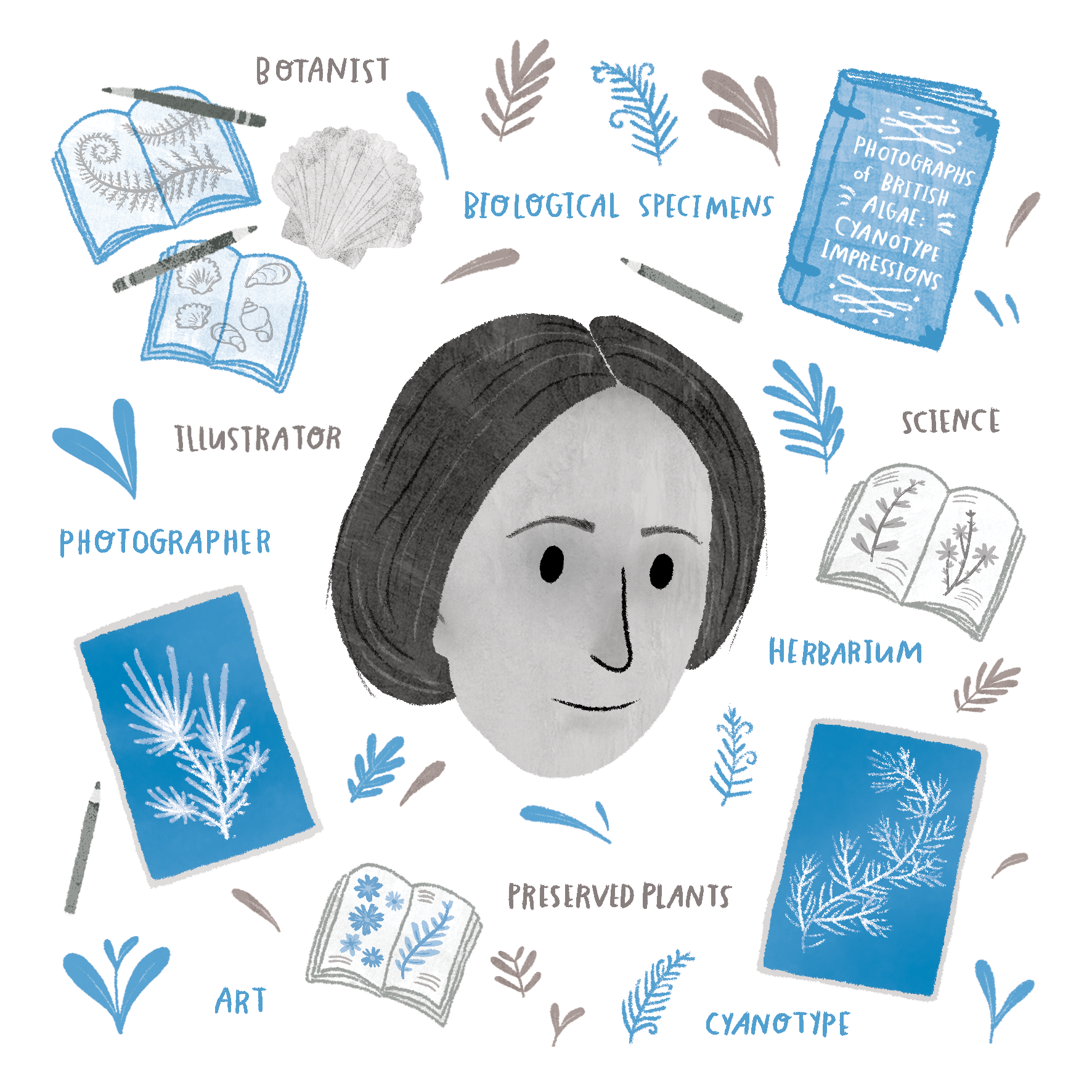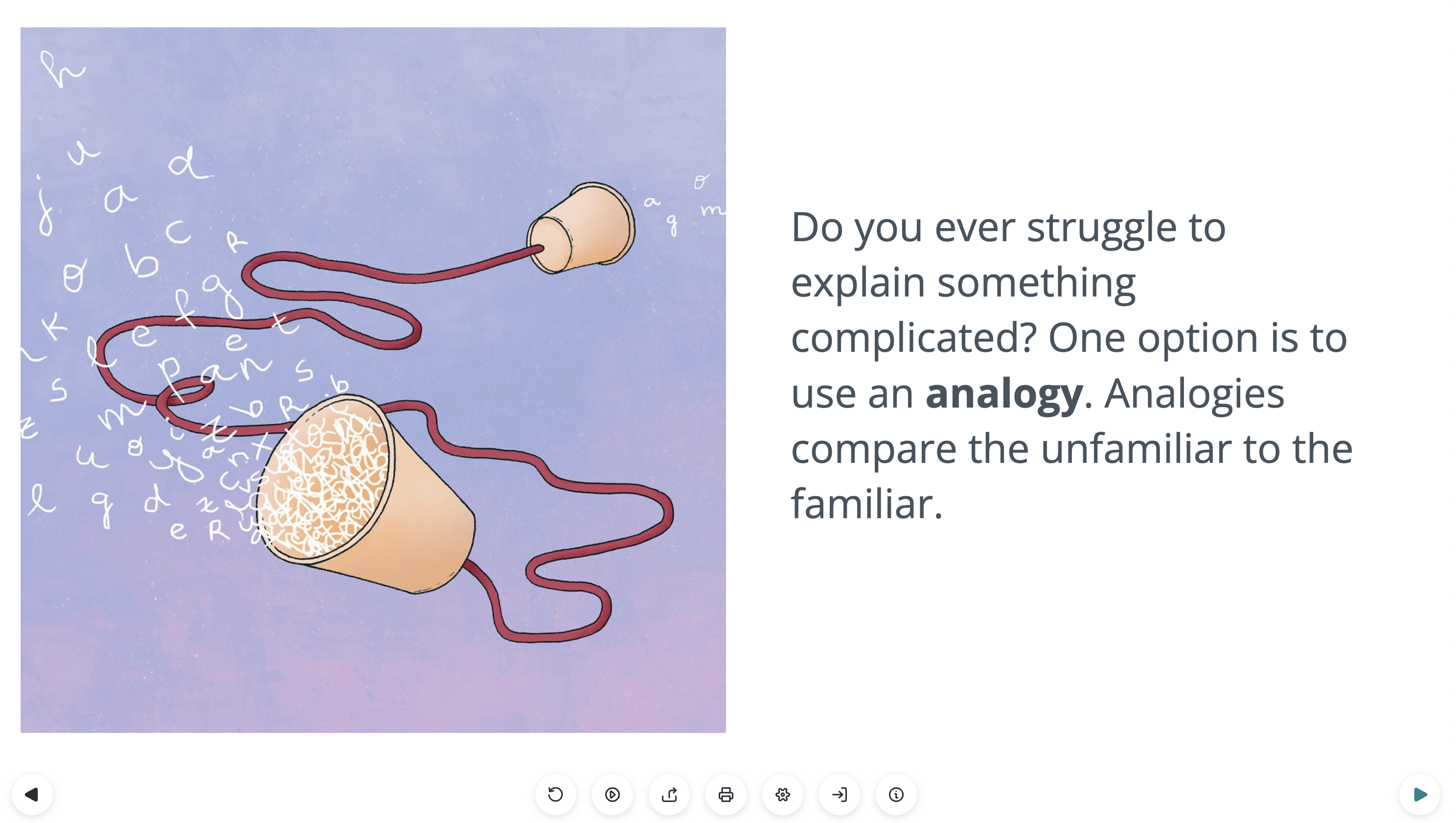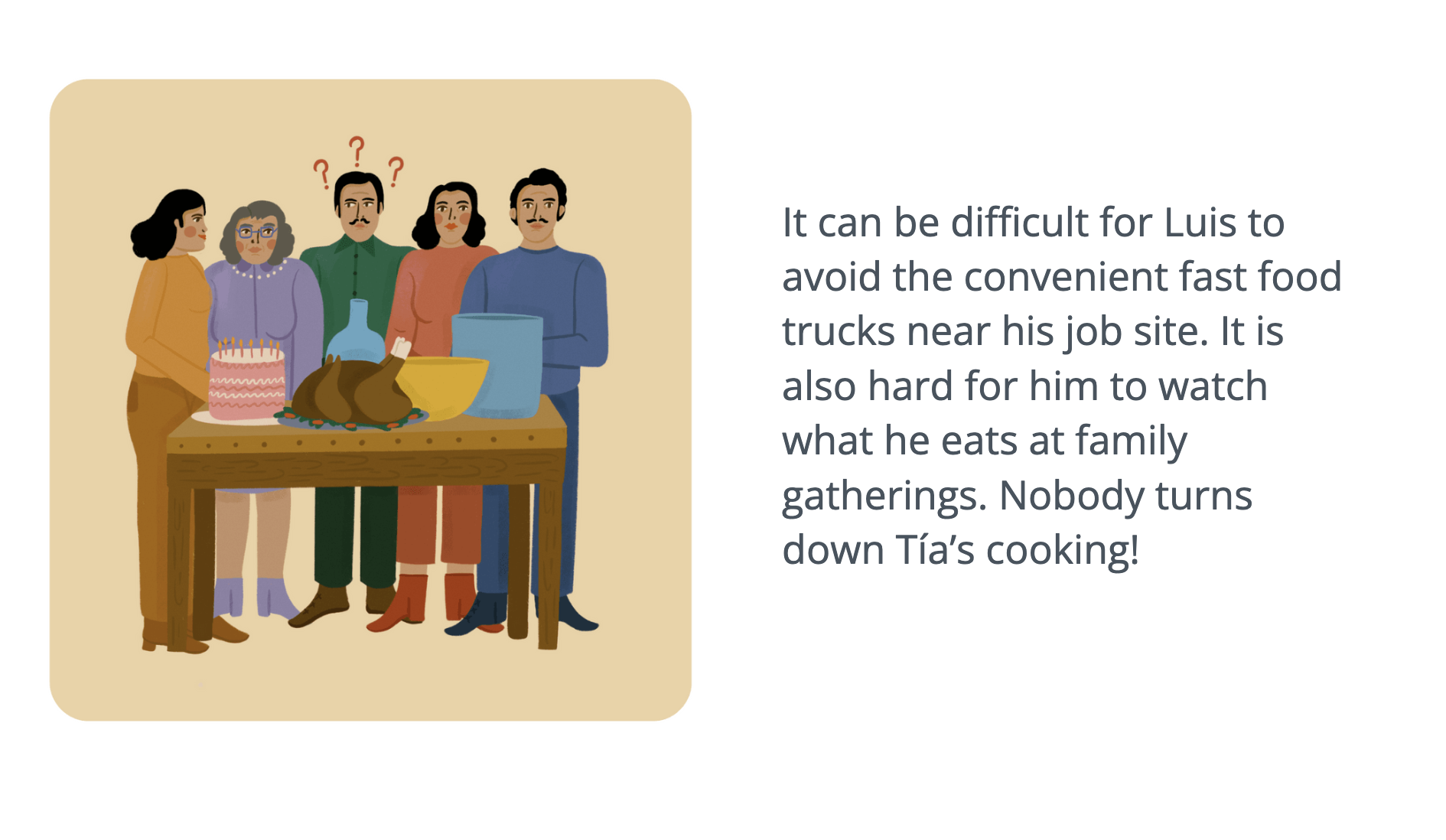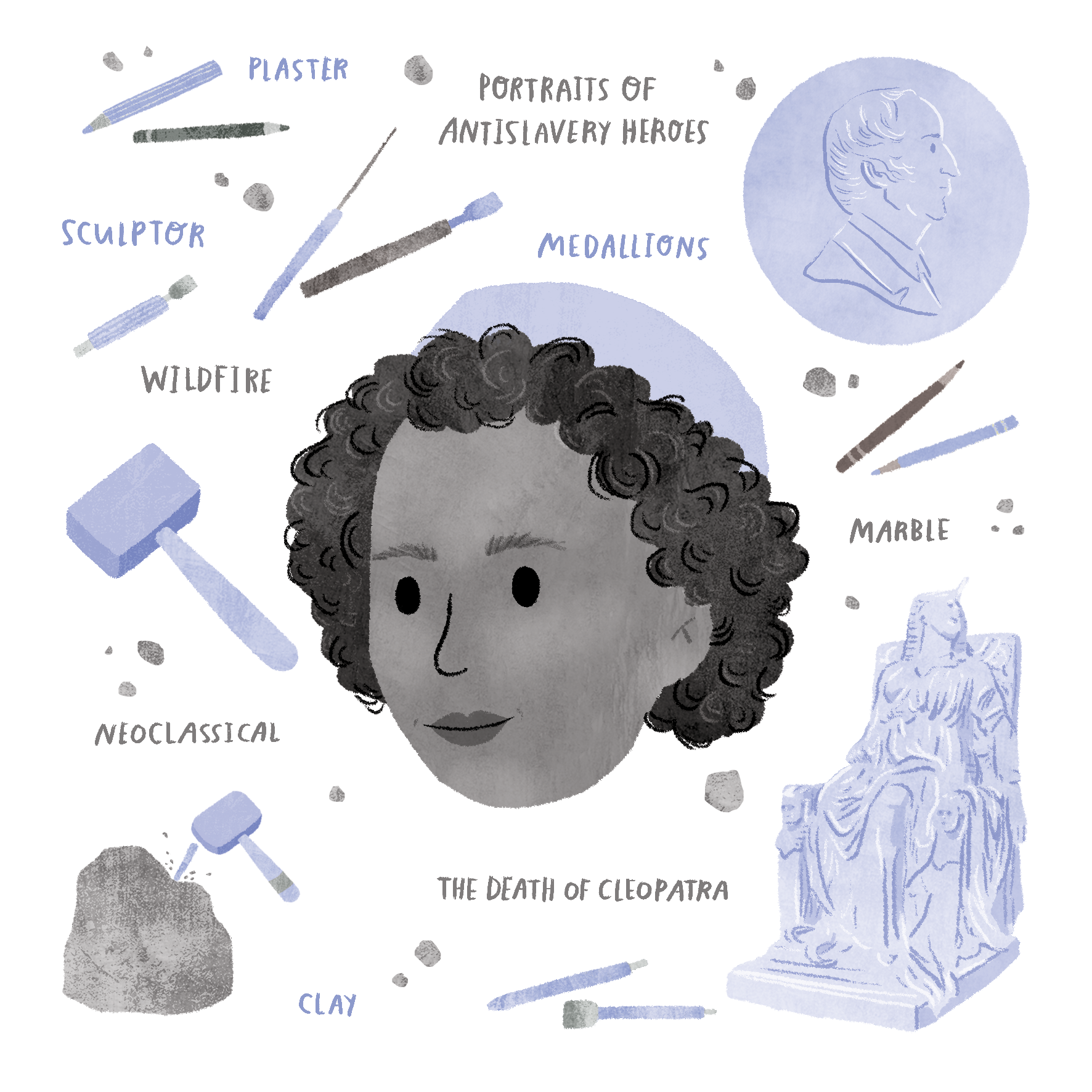For this month’s SciComm Challenge, create a coloring sheet for kids on the theme “Ask an Expert”! Learn more below.
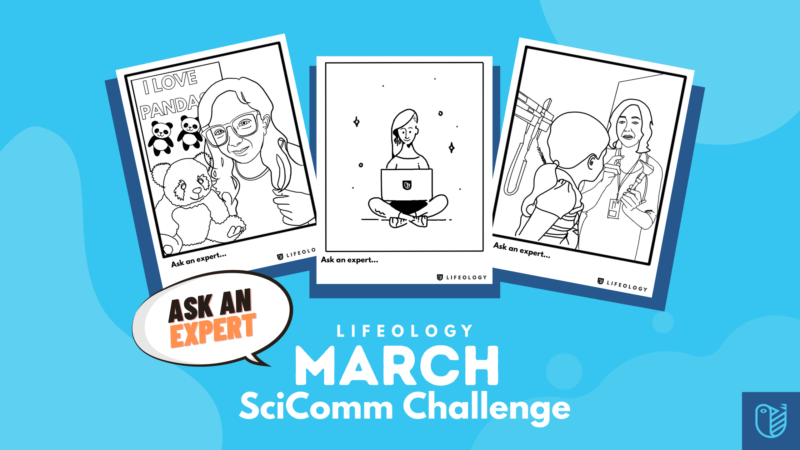
It’s okay to not know the answer!
When was the last time you asked an expert a question? When was the last time you didn’t know the answer to something and admitted it? Are you willing to admit when you don’t know something? Intellectual humility recognizes the limits of personal knowledge and values the insight of someone else. Asking questions is important and admitting you don’t know leads to relationship building, greater dialogue, and may increase openness to learning.
A growth mindset may help develop intellectual humility. Growth mindset is the belief that intelligence is something that can change over time. In contrast, a fixed mindset is the belief that intelligence is permanent, something people are “born with.”
“In a growth mindset, people believe that their most basic abilities can be developed through dedication and hard work—brains and talent are just the starting point. This view creates a love of learning and a resilience that is essential for great accomplishment.” – Carol Dweck
My background is in education. During a gap year between undergrad and postgrad, I worked as a 1:1 teaching assistant to a kindergartener with Fragile X. The little girl rarely talked, and her family spoke limited English. I had many questions that year; I wanted to know how I can best support this child? What are the recommendations for communicating with a family that has limited English? What is Fragile X? What tools can I use and manipulate to ensure she has a positive and enriched learning experience? I admitted to not knowing enough, asked many questions, wanted more insight, and received a lot of support from many people.
The most important thing I learned is that relationships are intrinsic in building trust. Most days, I would take my kindergartner friend to a quiet corner, and I would read her one of my favorite children’s books as she turned the pages. She loved it too! The book was “Not Now Bernard” by David McKee. It’s a fun book where Bernard makes up stories that there is a monster at the bottom of the garden and the monster is going to eat him! His parents would always say, “NOT NOW, Bernard.”
As we continued to share the book, my kindergartner friend began to whisper and would repeat, “Not Now Bernard.” The whispers soon grew into talking, and one day we made a sound recording. We later played the sound recording to the class as my friend turned the book’s pages. It was a huge breakthrough for her confidence, and one I doubt would have happened without the relationship building, trust, and help I got from my experts.
At Lifeology, we’re all about improving the communication and teaching of science through interactive and innovative ways (such as our illustrated short flashcard courses on various scientific topics). Our March SciComm challenge is rooted in intellectual humility and growth mindset. We are going to be launching a new Lifeology course about Trust in Science. We will also launch a series of custom coloring pages created by the Lifeology community. The coloring sheets are a great way to start a conversation with kids on having a growth mindset and being open to learning something new.
March SciCommChallenge
Task:
Create a coloring sheet for children. The coloring sheet theme is Ask an Expert…
- The coloring sheet should be in black and white, approx 8.5 x 11 inches in .png or .pdf format.
- A template is available here.
- You could depict in your coloring sheet a time when you asked an expert (in another field) a question that furthered your own work or research, for example! Or a time/outcome of a time you admitted you didn’t know and sought out the expertise of another.
Prize:
$ 100 gift card, for our favorite entry to this challenge! All entries will also be featured on the Lifeology.io blog.
Judging Criteria:
Lifeology and LifeOmic team members will judge the coloring sheet entries based on the following criteria, in order of importance:
- Creative Response
- Educational Value
- Visual Appeal/ Line Work
Submission:
We have extended the deadline! To officially be part of this challenge, submit your coloring sheet to Lifeology@lifeomic.com by midnight on March 31st, 2021. We will feature a series of coloring sheets on a new microsite that will be launched parallel with SXSW.
Here are some examples of coloring sheets created by the Lifeology team.
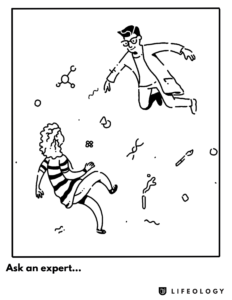
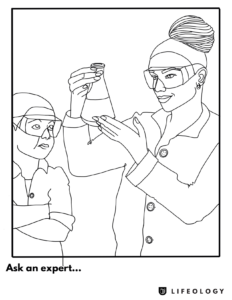
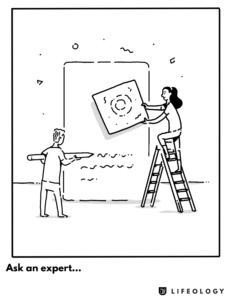
References and further reading:
- Porter, T (2017). The Benefits of Admitting When You Don’t Know. Behavioral Scientist. (Link)
- Porter, T., & Schumann, K. (2017). Intellectual humility and openness to the opposing view. Self and Identity, 1-24. (Link)
- Leary, M. R., Diebels, K. J., Davisson, E. K., Jongman-Sereno, K. P., Isherwood, J. C., Raimi, K. T., … & Hoyle, R. H. (2017). Cognitive and interpersonal features of intellectual humility. Personality and Social Psychology Bulletin, 43(6), 793-813. (Link)
- Whitcomb, D., Battaly, H., Baehr, J., & Howard‐Snyder, D. (2017). Intellectual humility: Owning our limitations. Philosophy and Phenomenological Research, 94(3), 509-539. (Link)
- Dweck, C (2016). What Having a Growth Mindset Actually Means. Harvard Business Review. (Link)
- Dweck, C (Nov 2014). The Power Believing that You Can Improve [Video]. TED Conferences
- Nasser, F (Feb 2019). The Power of Intellectual Humility [Video] TEDxDonMills Conference

